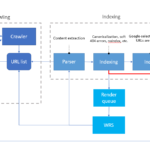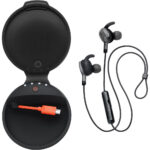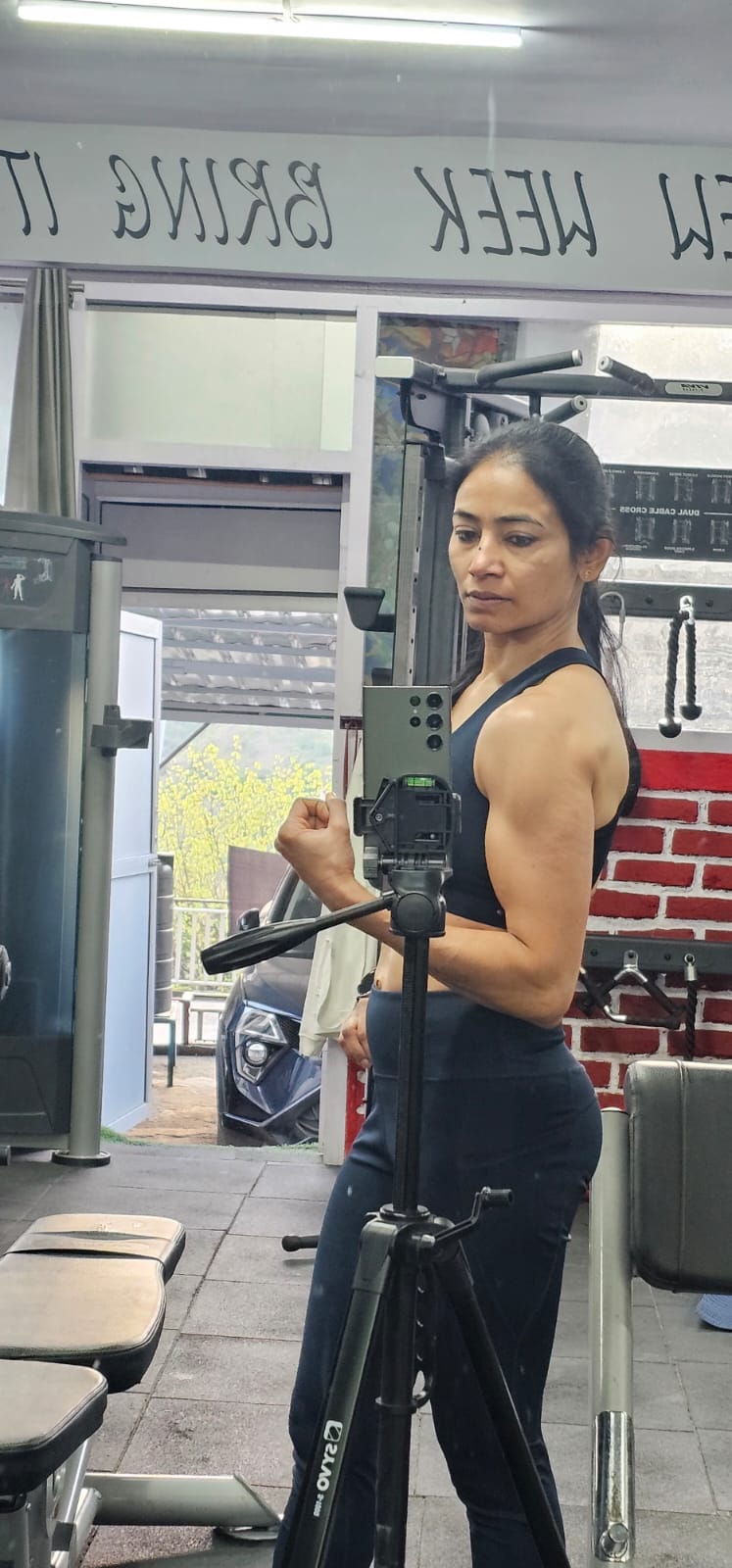Don’t Start Alone: A Realistic Guide to Sustainable Fitness
By Ruchi Bhardwaj Barah
Introduction: Fitness Is Personal – And That’s Why You Shouldn’t Start Alone
We often believe fitness is about willpower. That if we “just start,” the rest will follow. But here’s a truth I’ve learned through years of coaching: Starting is easy, but continuing the wrong way is costly.
Most people begin their fitness journeys based on social media trends or extreme plans they find online. But not everything you see online is designed for you. That’s why if you’re a beginner, don’t start alone. Consult a certified professional who can help you understand what works for your body, your lifestyle, and your goals.
Starting alone might get you going, but proper guidance will keep you going.
Diet Shouldn’t Feel Like Punishment
The word “diet” often comes with a feeling of suffering. But a diet that feels like torture will never be sustainable. You might see short-term weight loss, but the rebound will come faster than you expect.
A truly healthy diet is:
- Enjoyable
- Culturally familiar
- Flexible
- Satisfying
Stop viewing food as the enemy. Start viewing it as fuel, comfort, and nourishment. If you can’t stick to your diet for more than a few weeks, it’s not the right plan.
No Workout Can Fix a Poor Diet
This is a truth many don’t want to hear:
You can’t out-train a bad diet.
You could be doing the toughest HIIT sessions every morning, but if you’re fueling your body with fried food, sugary snacks, and zero protein, you won’t see progress.
Fitness begins in the kitchen. Exercise shapes your body, but nutrition builds it.
Start by:
- Prioritizing whole foods
- Limiting ultra-processed items
- Eating enough protein and fiber
- Drinking enough water
If your diet is poor, no workout in the world can save your progress.
Movement is Medicine
Let’s get this straight: You don’t need to kill yourself in the gym to be healthy.
Regular movement—yes, even something as simple as walking—can improve your:
- Blood circulation
- Mental clarity
- Mood
- Digestion
- Sleep quality
Walk during your calls. Use stairs. Dance. Stretch. Movement in any form is medicine for the body and mind.
Even 30–45 minutes of walking daily can significantly reduce your risk of chronic diseases.
Strength Training is Essential, Not Optional
Weight loss isn’t just about cutting calories—it’s about preserving and building muscle.
Here’s what strength training does for you:
- Improves bone density
- Boosts metabolism
- Regulates hormones
- Builds confidence
- Enhances posture and body function
- Supports long-term fat loss
If you’re skipping weights and only doing cardio, you’re losing fat + muscle.
Muscles are metabolic assets. They make you stronger, leaner, and healthier with age.
Stop Demonizing Carbs
“Don’t eat carbs at night!”
“Rice makes you fat!”
“Bread is evil!”
Let’s put an end to the myths.
Carbohydrates are essential for:
- Brain function
- Hormone regulation
- Energy for workouts
- Digestive health (via fiber-rich carbs)
Smart carb sources include:
- Oats
- Rice
- Whole wheat
- Lentils
- Fruits (apples, berries)
- Beans
Truth: Eating roti or rice at night won’t stop your fat loss if your total daily intake is within your required calories. Timing matters less than consistency.
Balance Your Macros
Fitness isn’t just about eating less. It’s about eating smart.
A well-balanced plate includes:
- Carbs for energy
- Proteins for repair and recovery
- Fats for hormonal health
- Fiber for digestion and satiety
Avoid extreme diets that demonize one macro. All three—carbs, proteins, and fats—play vital roles.
Examples:
- Proteins: Eggs, chicken, paneer, fish, Greek yogurt, lentils
- Fats: Avocados, nuts, cold-water fish, flaxseeds, olive oil
- Carbs: Whole grains, fruits, legumes, starchy vegetables
Think of your body as a machine. You need all the parts in place for it to function smoothly.
Sleep and Recovery Are Everything
Your body doesn’t grow or heal during workouts. It happens when you rest.
During sleep, your body:
- Repairs muscle tissues
- Balances hormones
- Boosts immunity
- Processes fat loss
- Resets brain function
Sleep deprivation = increased cravings, mood swings, low energy, poor recovery.
Aim for 7–9 hours of sleep every night and respect rest days as part of your routine, not a break from it.
Cardio Alone Can Cost Your Muscles
If your fitness routine is all cardio and no strength training, you might be:
- Burning fat, but
- Also losing lean muscle mass
This is why people lose weight but still feel weak, tired, or soft.
Balanced fitness = Cardio + Strength + Flexibility + Recovery
- Cardio improves endurance
- Strength training builds and maintains muscle
- Mobility and flexibility prevent injuries
- Rest enhances recovery
The goal isn’t just weight loss. The goal is to look good, feel strong, and stay healthy.
Conclusion: A Lifestyle, Not a Phase
Fitness isn’t a 30-day challenge. It’s not a punishment for overeating. It’s not a way to “earn your food.”
It’s a lifestyle.
A journey of:
- Building discipline
- Embracing progress
- Learning about your body
- Loving yourself, every step of the way
Don’t rush. Don’t punish. Don’t compare.
Choose sustainability. Choose strength. Choose yourself.
About the Author:
Ruchi Bhardwaj Barah is a certified fitness coach, educator, and advocate for science-based wellness. Through her writing and coaching, she encourages people to move beyond fads and find balance, strength, and confidence in their everyday lives.
SEO Keywords:
sustainable fitness, strength training tips, healthy diet, balanced macros, fitness myths, beginner fitness guide, movement is medicine, carbs at night, recovery importance, Ruchi Bhardwaj Barah









